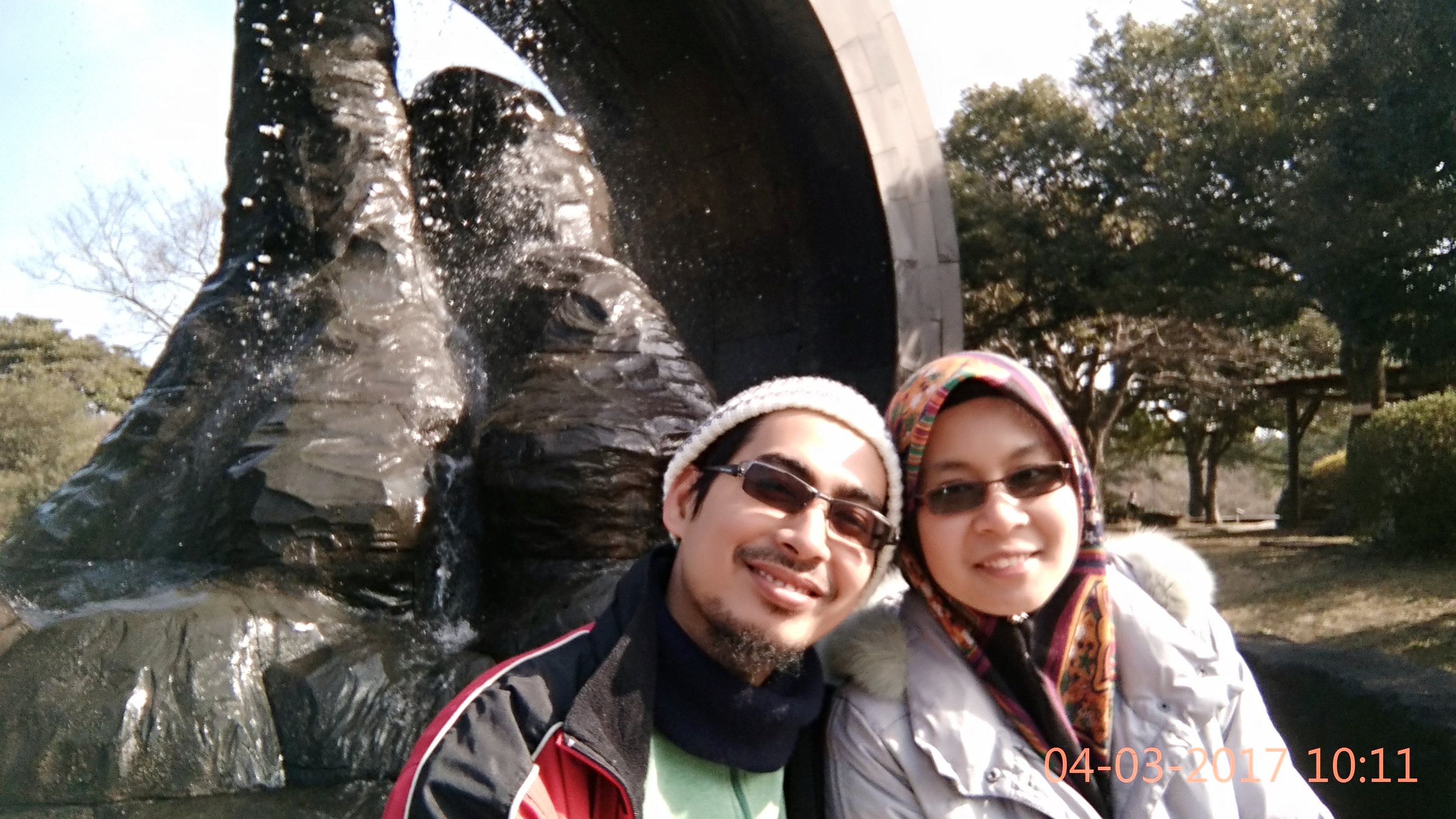JOHOR BAHRU, 14 January 2018 – A Doctor of Philosophy (PhD) student from Universiti Teknologi Malaysia (UTM) will develop the application about teaching the normal man to communicate using sign language.
The application called Bahasa Isyarat Malaysia on Augmented Reality

or BIMonAR was planned to be develop to assists the normal people in learning the sign language to communicate more effectively with the hearing impaired Malaysians.
Being born without left hand and both legs, Ruzimi Mohamed @ Mahmood, 32, was motivated to develop this application after knowing that no education system specifically designed for this kind of disabilities.
“In Malaysia, apart from the Special Education School (goverment school that specially made for disable children) there are no other option of education system to train normal people to communicate using the sign language.
“As a result of their ‘unique’ language that are unable to be spoken by normal people, this deaf group were being left behind in various opportunities such as pursuing tertiary education and employment sector especially the Malaysian public service,” he said.
According to Ruzimi, the number of disabled persons (OKU) on deaf category who are registered with the Malaysian Social Welfare Department (JKM) is up to 60,000 but the normal people who are skilled in using sign language less than 20 people.
“This is a very sad fact because with a total of 60,000 deaf people registered throughout Malaysia, we should have at least 5 to 6 thousand normal people who are skilled in communicating with sign language,” he said.
Speaking about the development of BIMonAR’s application, Ruzimi said that he would be willing to devote all his efforts to complete this application in the targeted timeframe.
“I am targeting the end of 2018 as a target for this app to be completed and then introduced to the public,” he said.
The idea of creating this BIMonAR application has led to Ruzimi’s success when winning RM500, 000.00 as a business grant through the Skim Permulaan Usahawan Bumiputera (SUPERB) programme organized by Unit Peneraju Agenda Bumiputera (TERAJU), Prime Minister’s Department (JPM) last December 2017.





 The team, led by Associate Professor Dr. Hairi Zamzuri with the support of Dr Mohd Azizi Abdul Rahman and Dr Mohd Hatta Mohd Arif, has initiated the in-house work in the said field since 2012. However, as AV is a very competitive and challenging area, the first phase of research in 2012-2016 focused on the Advanced Driver Assistance System (ADAS) and Vehicle Active Safety work, which are the main components of AV.
The team, led by Associate Professor Dr. Hairi Zamzuri with the support of Dr Mohd Azizi Abdul Rahman and Dr Mohd Hatta Mohd Arif, has initiated the in-house work in the said field since 2012. However, as AV is a very competitive and challenging area, the first phase of research in 2012-2016 focused on the Advanced Driver Assistance System (ADAS) and Vehicle Active Safety work, which are the main components of AV.
